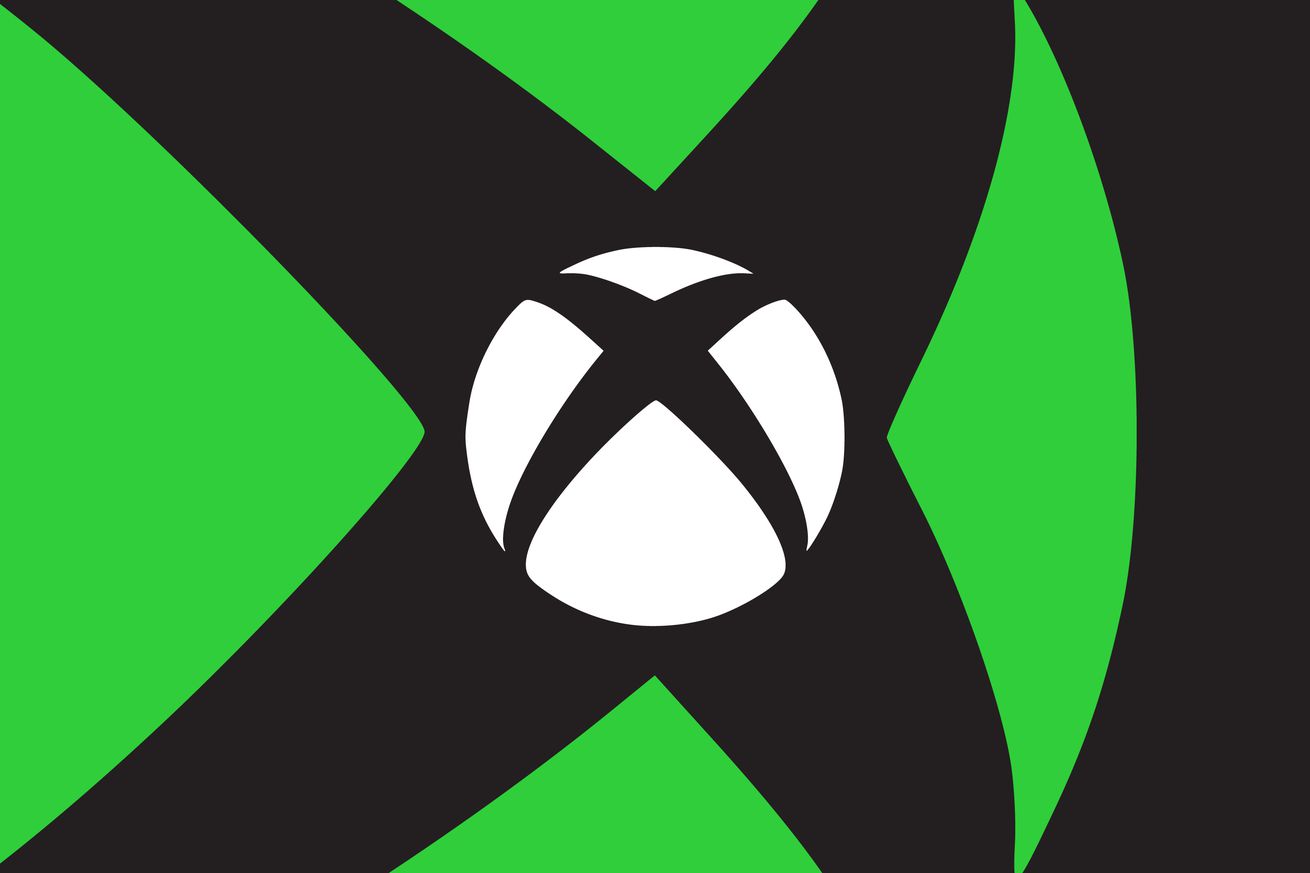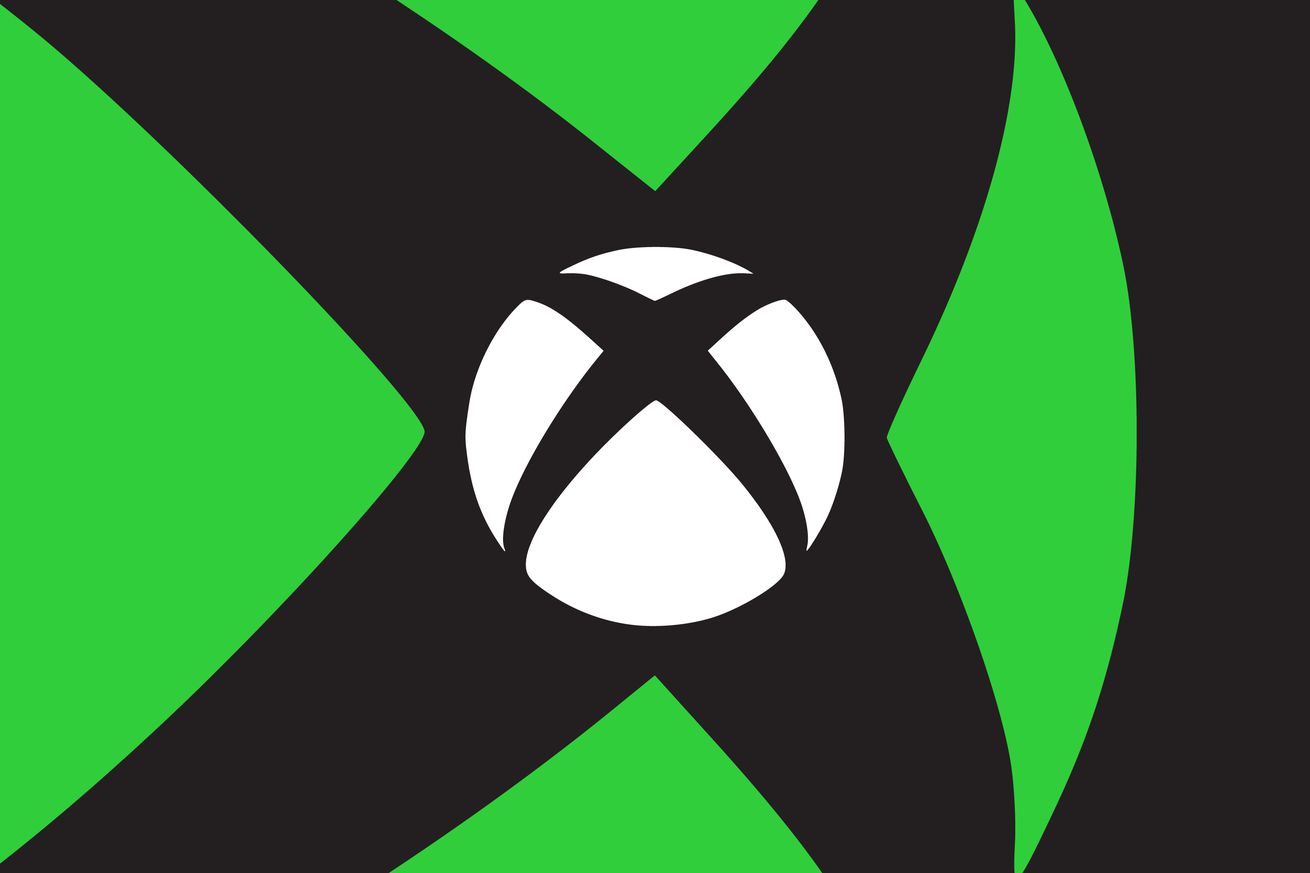
Microsoft’s Activision acquisition in peril after UK regulator warns of harm to gamers
The UK’s Competition and Markets Authority (CMA) already expressed concerns about Microsoft’s plans to acquire Activision Blizzard last year, but it now says the deal could harm UK gamers. The CMA has published provisional findings in its investigation into the Microsoft and Activision deal and found that it “could result in higher prices, fewer choices, or less innovation for UK gamers.” The CMA has offered up possible remedies that include Microsoft being forced to sell off Activision Blizzard’s business associated with Call of Duty.
The CMA makes it clear that it’s mainly concerned about two things: cloud gaming and game exclusivity. “The evidence available to the CMA currently indicates that Microsoft would find it commercially beneficial to make Activision’s games exclusive to its own cloud gaming service (or only available on other services under materially worse conditions),” says the UK regulator.
The CMA believes that if Microsoft acquires Activision Blizzard, that would reinforce its strong position in cloud gaming, which the regulator estimates is 60–70 percent of “global cloud gaming services.”
Microsoft could also weaken competition in gaming through exclusive Activision games, the CMA warns. “The CMA provisionally found that weakening competition by restricting the access that other platforms have to Activision’s games could substantially reduce the competition between Xbox and PlayStation in the UK, in turn harming UK gamers,” says the regulator.
The CMA has now suggested a set of possible remedies that Microsoft could take to get approval for the Activision Blizzard acquisition in the UK. They include a suggestion for a structural remedy that involves a partial divestiture of Activision Blizzard in the form of selling off the Call of Duty business. Other remedies include selling off the Activision segment or the Activision and Blizzard segments that would include the business associated with Call of Duty, World of Warcraft, and other games.
None of these remedies are favorable for Microsoft, and the company was likely hoping for behavioral remedies like agreements to ensure Call of Duty and other Activision games are available on rival cloud gaming services and limitations on exclusivity for games across consoles. The CMA says “behavioral remedies are less likely to have an effective impact,” and it’s essentially ruling out that route in these provisional findings unless the regulator is “confident that the remedy was capable of effective implementation, monitoring, and enforcement.”
Microsoft still believes behavioral remedies could address the CMA’s concerns, though. “We are committed to offering effective and easily enforceable solutions that address the CMA’s concerns,” says Rima Alaily, Microsoft CVP and deputy general counsel, in a statement to The Verge. “Our commitment to grant long term 100 percent equal access to Call of Duty to Sony, Nintendo, Steam and others preserves the deal’s benefits to gamers and developers and increases competition in the market.”
The CMA does leave the door open for a potential remedy in the form of access to Call of Duty. Microsoft offered Sony a 10-year deal on Call of Duty games, and the CMA says it will consider this and other contractual arrangements as a potential behavioral access remedy. While the CMA clearly favors structural remedies like selling off the Call of Duty business, there could be room for Microsoft to offer up more solutions that the CMA will consider in the coming weeks.
The CMA’s findings are only provisional for now, but it’s a blow to Microsoft’s plans to acquire Activision Blizzard. The software giant is facing regulatory scrutiny around the world, with the FTC suing to try and block the deal late last year. The European Commission also opened an “in-depth investigation” into the Activision Blizzard deal in November, and it has reportedly issued a formal warning to Microsoft over the acquisition.
While the CMA is just a single regulator for the UK, it still heavily influences how US-based companies operate in the UK and Europe. Meta was forced to sell off Giphy following an order from the UK competition watchdog last year. With regulators worldwide looking to take tougher stances on Big Tech acquisitions, the CMA’s findings could influence how the European Commission responds, too.
The CMA is now looking for responses from the industry by February 22nd to its possible remedies, followed by responses to the provisional findings by March 1st. These will all be considered ahead of the CMA issuing its final report, which is due by April 26th.
Update February 8th, 8:20AM ET: Article updated with comment from Microsoft.
Update February 8th, 9AM ET: Article updated with more details on behavioral remedies from Microsoft.

